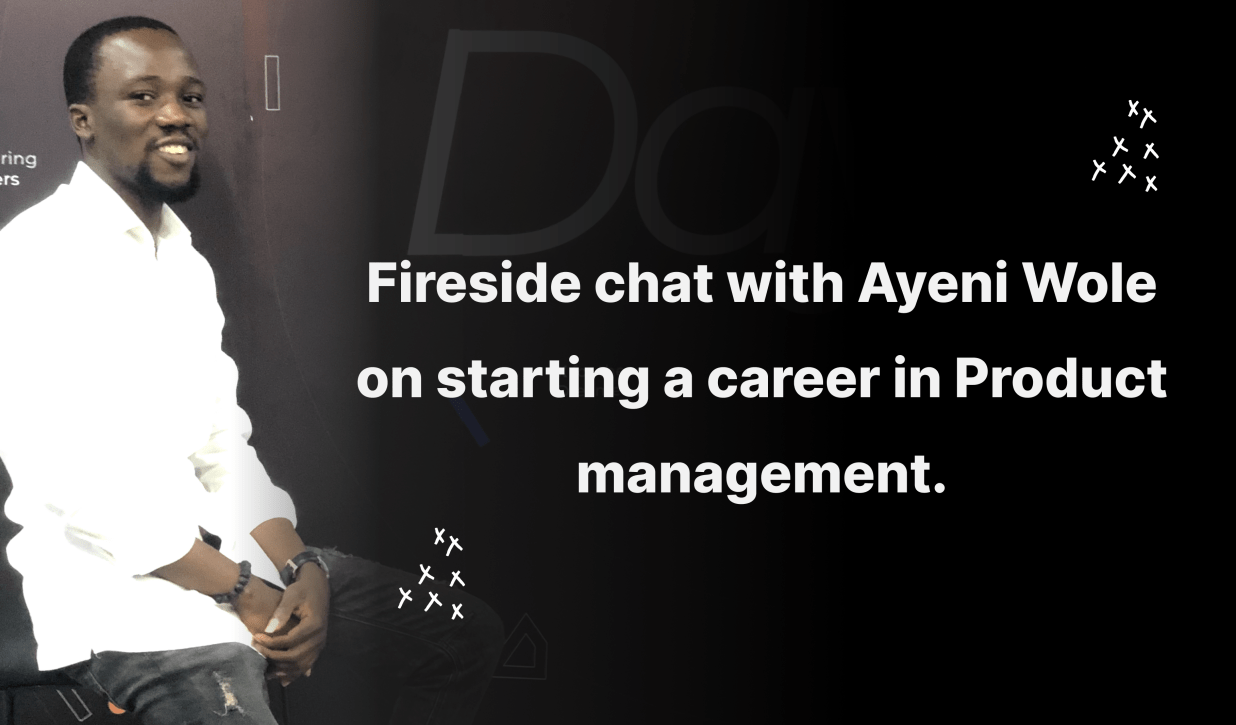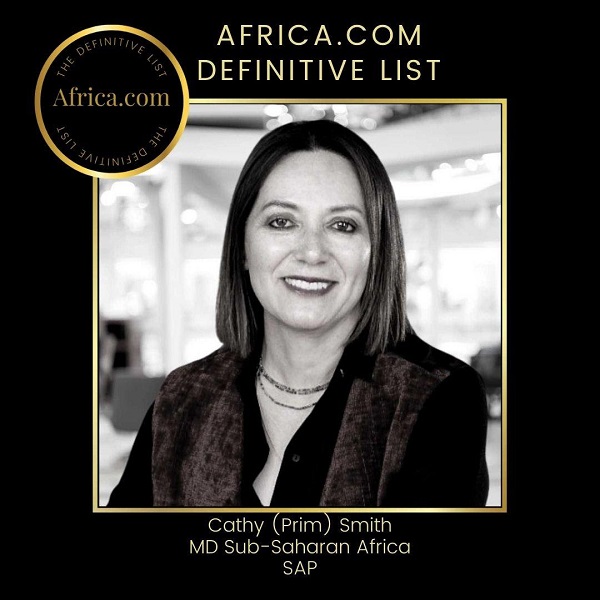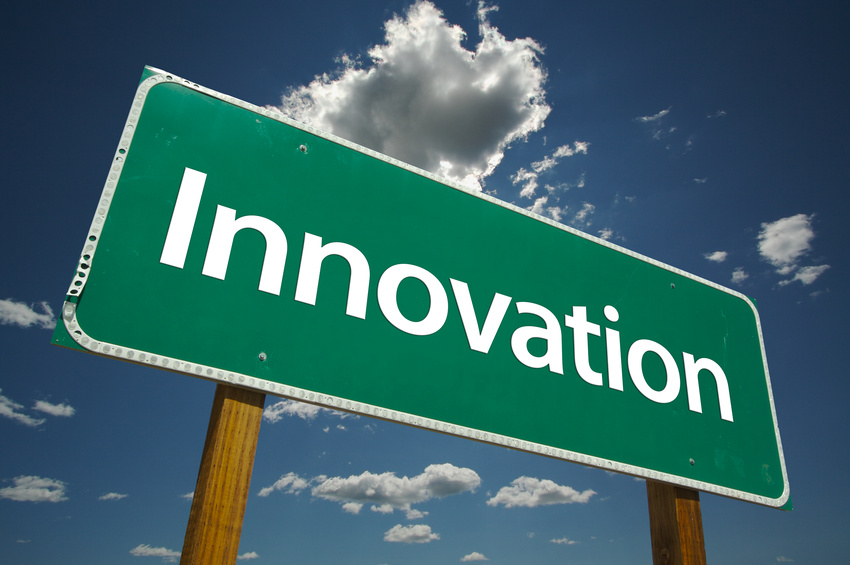Fireside chat with Wole Ayeni

Happy New Year and thanks for taking the time to meet today, Wole. I’ve heard a lot about your journey, and I’d love to dive deeper into your experience and learn more about your path in product management.
Can we meet you please?
Sure, my name is Wole Ayeni, a Product Manager with over five years of experience in leading and managing product teams in MarTech, and cloud solutions across Africa and globally. My journey into product management began after working as a backend engineer, where I developed a strong foundation in technical skills, which I’ve leveraged to bridge the gap between business objectives and user needs. I’m passionate about creating products that not only solve user problems but also drive business growth. However, I think I should mention that I have my first degree in Project management which I think was instructmental when I decided to pursue a career in product management.
How did you first get to know about product management? What sparked your interest?, and How long have you been in product management, and what do you consider the most important aspects of the role?”
I first got to know about product management through my work as a backend engineer. I was always interested in how the products I was building fit into the bigger picture—how they solved user problems and met business goals. This curiosity led me to transition into product management, where I could have a more holistic impact on the products from conception to launch. I’ve been in product management for over 5 years now, and I’d say the most important aspects of the role are understanding user needs, aligning the product with business objectives, and effectively collaborating with cross-functional teams.
What advice would you give someone who’s trying to break into product management?, and Do you think a certification is necessary for someone looking to transition into product management?
For anyone trying to break into product management, I’d recommend starting by gaining a deep understanding of the product development process and building a strong foundation in the key skills required—like user research, data analysis, and project management. Networking within the industry and seeking mentorship can also be very helpful. As for certifications, they can be beneficial, especially for learning frameworks and getting a structured understanding of product management, but they’re not strictly necessary if you can demonstrate the skills and experience.
Do you think it’s essential to have technical skills or coding knowledge to succeed as a Product Manager?
While it’s not mandatory to have technical skills or know how to code, having a technical background can be a significant advantage. It helps in communicating with engineering teams, understanding the technical feasibility of features, and making informed decisions. My experience as a backend engineer has certainly helped me bridge the gap between the technical and business sides of product management.
Can you tell me a bit about your background and how you made the transition into product management?
My career background in engineering—I started as a backend engineer, which gave me a solid foundation in technical skills. Over time, I became more interested in the strategic side of things—how to align product features with user needs and business goals. This led me to transition into product management, where I could leverage both my technical knowledge and my passion for creating impactful products.
There are many roles like Product Manager, Product Owner, Project Manager, and Program Manager. How would you differentiate between these roles?
Product Manager, Product Owner, Project Manager, and Program Manager are all distinct roles, though they often overlap. A Product Manager is responsible for the overall vision and strategy of a product, ensuring it meets user needs and business goals. A Product Owner is more focused on the day-to-day execution, working closely with development teams to prioritize and manage the product backlog. A Project Manager handles the execution of specific projects within a timeline and budget, while a Program Manager oversees multiple related projects, ensuring they align with the broader business objectives.
In your words, what is product management? How do you describe it to someone new to the field?
Product management is the practice of guiding a product through its entire lifecycle—from ideation to development, launch, and beyond. It involves understanding user needs, defining the product strategy, working with cross-functional teams to build the product, and continuously iterating based on feedback and data to ensure the product’s success.
What advice would you give to someone who’s just starting out in product management?
For someone starting out in product management, my advice would be to stay curious and always focus on the user. Understand the problem you’re trying to solve deeply, and don’t be afraid to ask questions. Building strong communication and collaboration skills is also crucial since you’ll be working with a wide range of stakeholders.
What do you find most challenging about being a Product Manager?
The most challenging part of my job is balancing the different priorities and expectations from various stakeholders—users, business leaders, and development teams. It requires strong negotiation skills and the ability to make tough decisions to ensure that the product meets its objectives.
What has been your biggest career accomplishment so far, and what made it particularly meaningful for you?
One of my biggest career accomplishments so far was when I took an additional Part-time job in a friend company to help lead the innovation of cross-border payment rails in partnership with the Pan-African Payment and Settlement System at his company. This project not only improved the payment infrastructure across Africa but also enhanced financial inclusion by making cross-border transactions more accessible and affordable.







